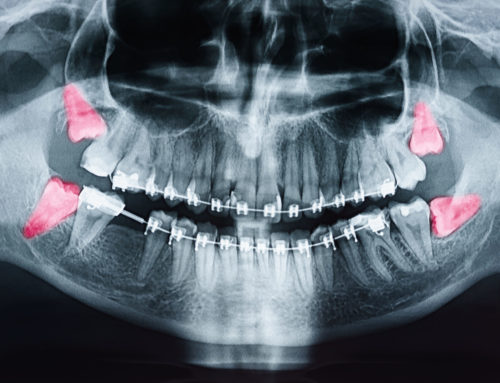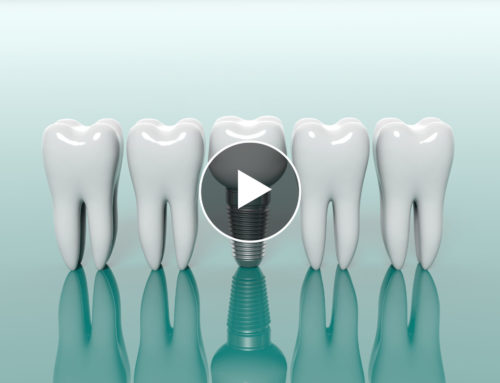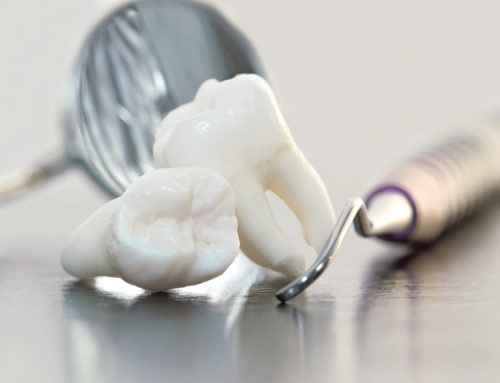 Clenching or teeth grinding is a common problem among patients. Most patients who have a tendency to grind or clench their teeth admit to being overly stressed. Believe it or not if you are stressed your dentists can likely tell. Stress is a common trigger for teeth clenching that leads to temporomandibular disorders, chronic pain of the jaw or face and even hearing problems.
Clenching or teeth grinding is a common problem among patients. Most patients who have a tendency to grind or clench their teeth admit to being overly stressed. Believe it or not if you are stressed your dentists can likely tell. Stress is a common trigger for teeth clenching that leads to temporomandibular disorders, chronic pain of the jaw or face and even hearing problems.
When you clench your teeth together, it puts stress on and irritates the tissues and muscles in the jaw and face. This added pressure causes the muscles to inflame causing discomfort and even impaired hearing.
TMJ Disorders
Are you experiencing chronic pain of the jaw? Have you noticed a clicking or popping sound when you talk or eat? These symptoms are common in patients with TMJ disorder. Though TMJ disorders affect the temporomandibular joint they tend to cause a slew of seemingly unrelated problems as well.
From chronic headaches to difficulty swallowing, a misaligned or irritated temporomandibular joint places excessive strain on the muscles and joints of the jaw and surrounding areas. This excessive strain also tends to be the culprit of misunderstood hearing issues.
The temporomandibular joint is a highly intricate system of ligaments, nerves, bone and muscles that all work together to allow your jaw to move so that you can speak, eat and yawn. This intricate system is directly connected to the middle ear. So when any part of this system is disrupted, like what happens as a result of teeth clenching, the hearing is likely to be affected.
The intricate system that makes up the temporomandibular joint is highly sensitive. Any irritation to this delicate system and consequences involving other functions, such as damage to nerves of the middle ear, can lead the further issues like hearing loss.
Please contact us if you have any questions about TMJ disorders.





